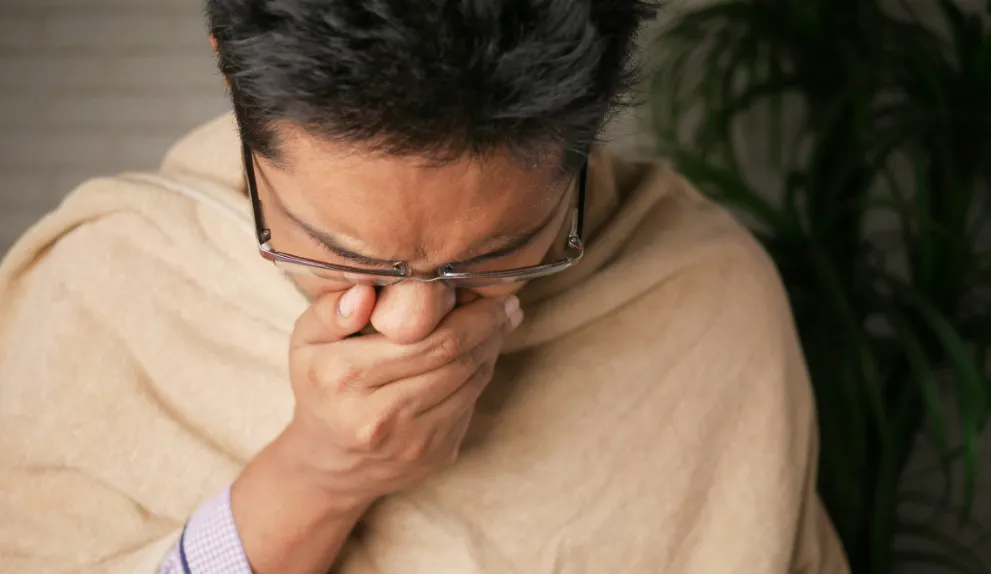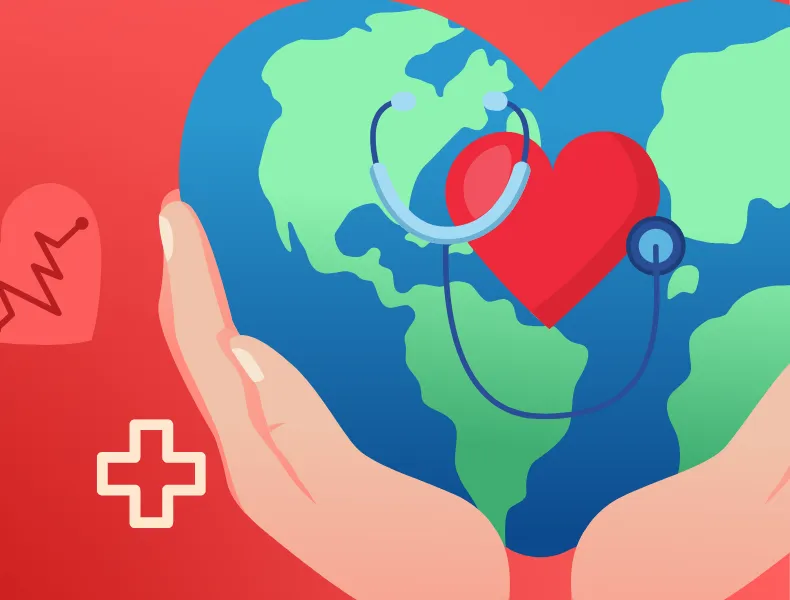IBS, or irritable bowel syndrome, is a common condition that affects between 25 and 45 million Americans. Many people who have it don’t even know it and the uncomfortable condition can go undiagnosed for years.
April is IBS Awareness Month, a time dedicated to providing education and information about IBS, its causes, its symptoms, and what you can do to treat it.
About IBS
IBS is a prevalent condition that affects millions of adults throughout the United States and around the world. While it isn’t associated with an increased risk for any life-threatening illnesses, the condition itself can significantly affect your quality of life.
The exact cause of IBS is unknown. According to the International Foundation for Gastrointestinal Disorders, symptoms may result from problems in the way the brain, nervous system, and gut interact with one another.
Disturbances can result in issues such as:
- Abdominal discomfort or pain.
- Bloating.
- Changes in bowel habits.
These issues can range from mild to severe and the condition can be unpredictable.
While the cause of IBS is unknown, certain triggers can make it worse. For many, stress is a major contributing factor. Stress, and other related feelings, can cause a physical reaction, including the tightening of the GI tract. These reactions can trigger IBS.
Other triggers include:
- Certain types of foods.
- Alcohol.
- Coffee.
- Food intolerances or allergies.
- Illnesses.
- Infections.
There are a few subtypes of IBS:
- Diarrhea-predominant IBS (IBS-D).
- Constipation-predominant IBS (IBS-C).
- Alternating type IBS (IBS-A).
While IBS isn’t linked to any life-threatening conditions and isn’t likely to lead to more complicated problems, it can seriously impact your personal and professional life. For these reasons, it’s important to consult with your physician.
How IBS is Diagnosed
If you think that you have IBS, you should see a doctor for a diagnosis. A gastroenterologist has an in-depth knowledge of the intestinal system, allowing him or her to make an accurate diagnosis and help you to manage your symptoms.
To diagnose IBS, your doctor will go over your symptoms, go over your medical and family histories, and perform a physical examination. By asking about your symptoms, your doctor can find patterns that can indicate IBS or diagnose another health condition.
Tests aren’t used in most cases to diagnose IBS. Instead, your doctor may order bloodwork, a stool sample, or other tests to help rule out any other potential health issues that exhibit similar symptoms.
Treatment for IBS
If you have been diagnosed with IBS, you may be recommended one or more treatments. Treatment may include lifestyle changes, prescription medications, and mental health therapies. You may need to try a few different treatments to find the best combination that works for you.
Lifestyle Changes
Certain dietary and lifestyle changes can help to ease the symptoms of IBS. Your doctor may recommend:
- Consuming more fiber.
- The FODMAP diet.
- Avoiding gluten.
- Practicing stress relief.
- Getting more sleep.
- Increasing your physical activity.
Therapies
Mental health therapies may be recommended to improve symptoms. Cognitive-behavioral therapy focuses on changing thought patterns, which can then alleviate discomfort. Relaxation training can help to reduce stress and muscle tension.
Medications
You may be recommended prescription medication to help with certain symptoms. Medications include loperamide or Prilosec for IBS-D, Linzess for IBS-C, or SSRIs such as Prozac or Neurontin for abdominal pain. You may also be recommended to take a probiotic supplement.
To find the best prices for your IBS prescriptions, visit RxLess today.

















